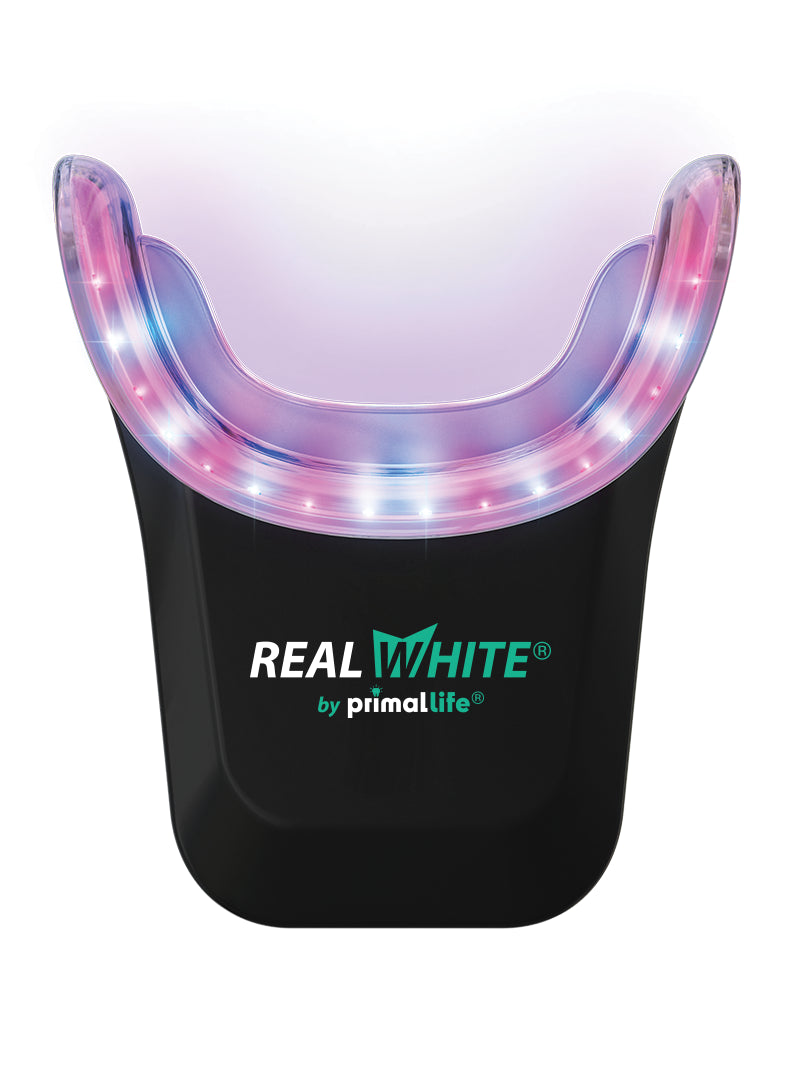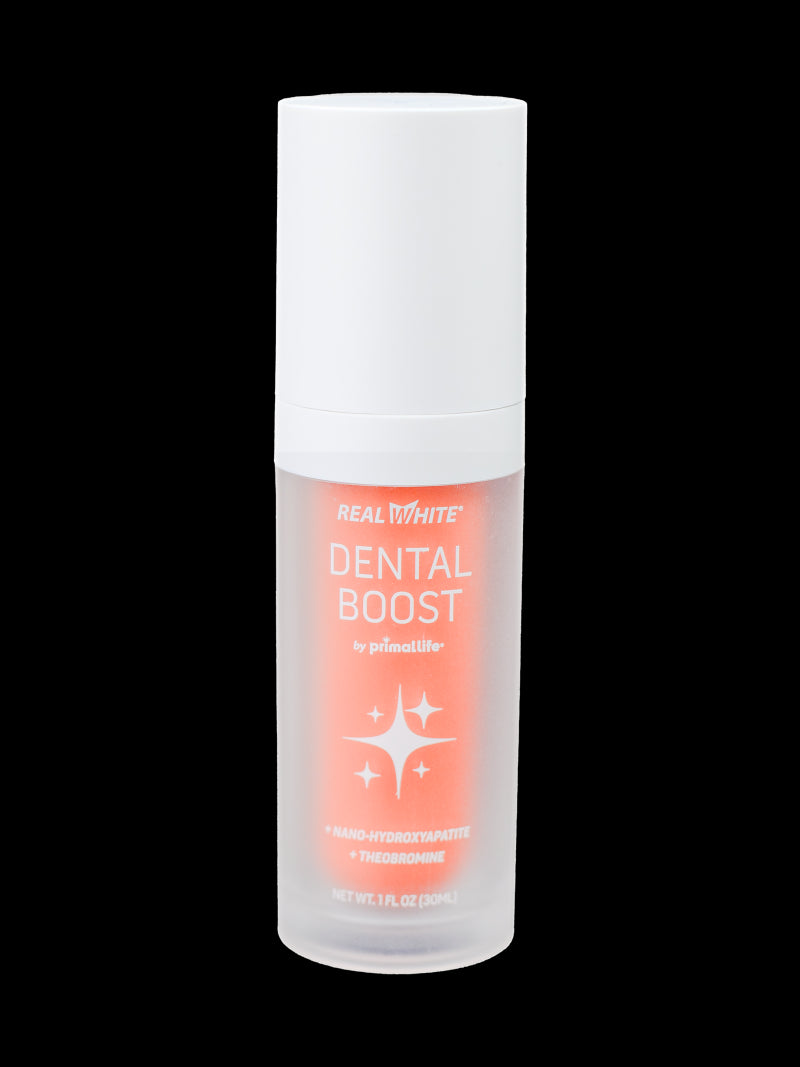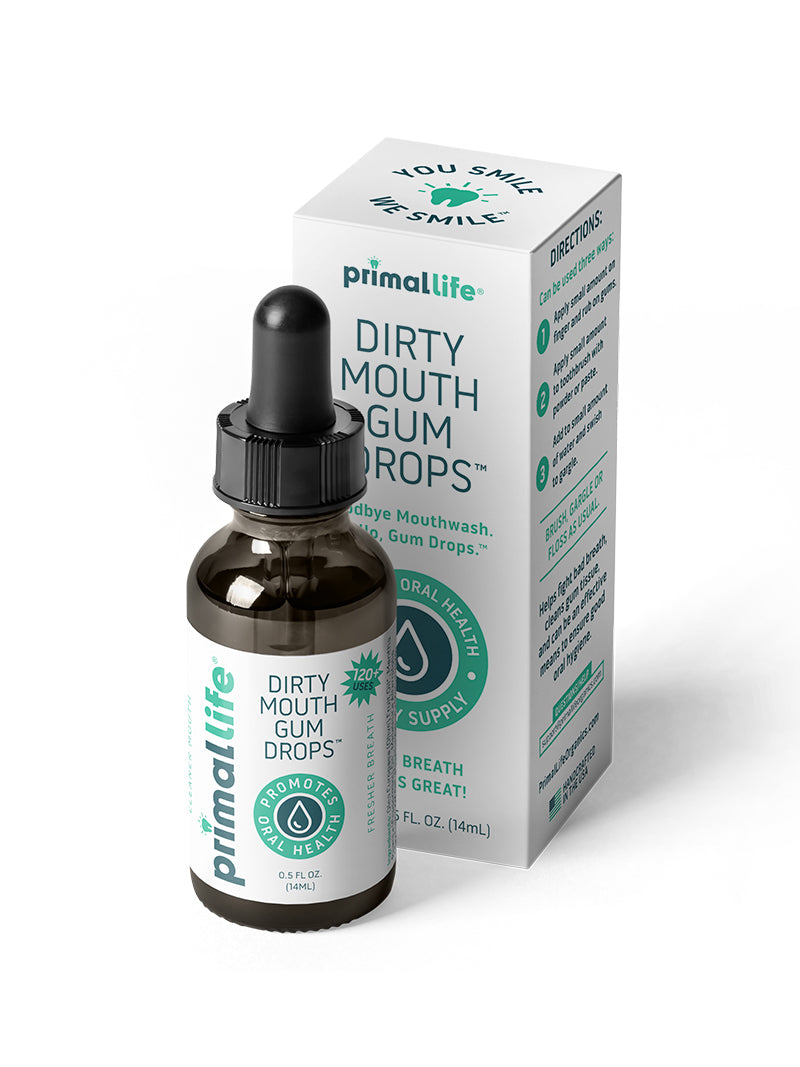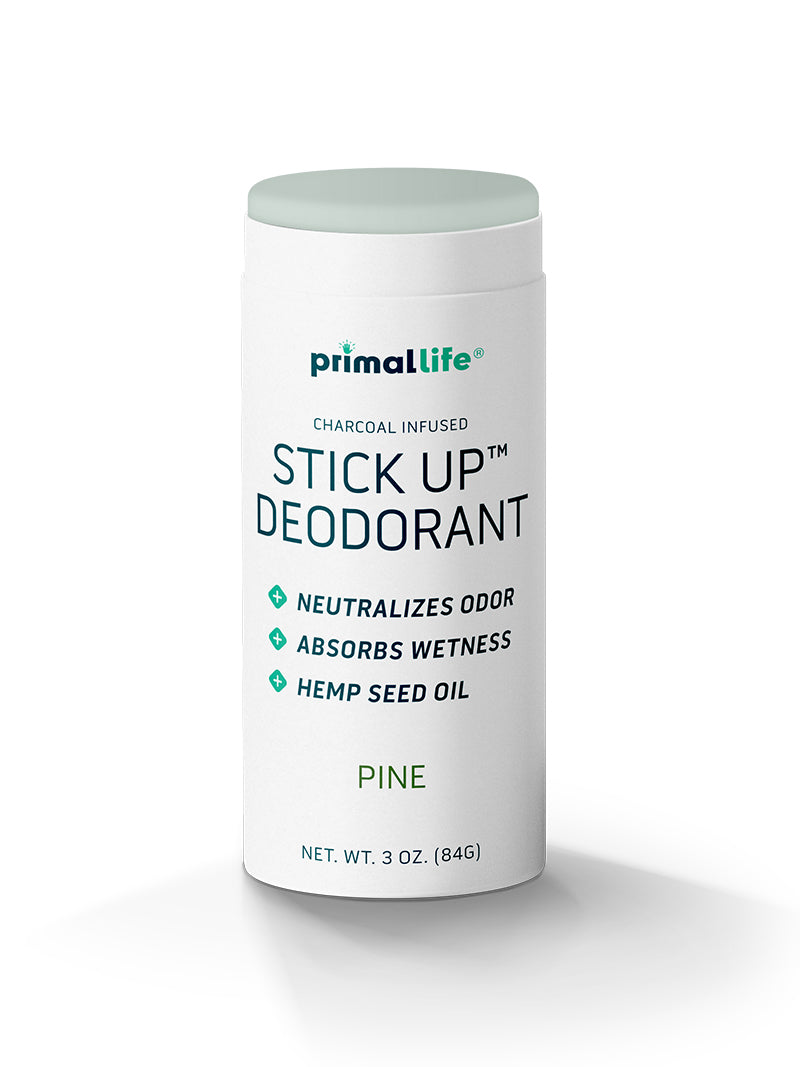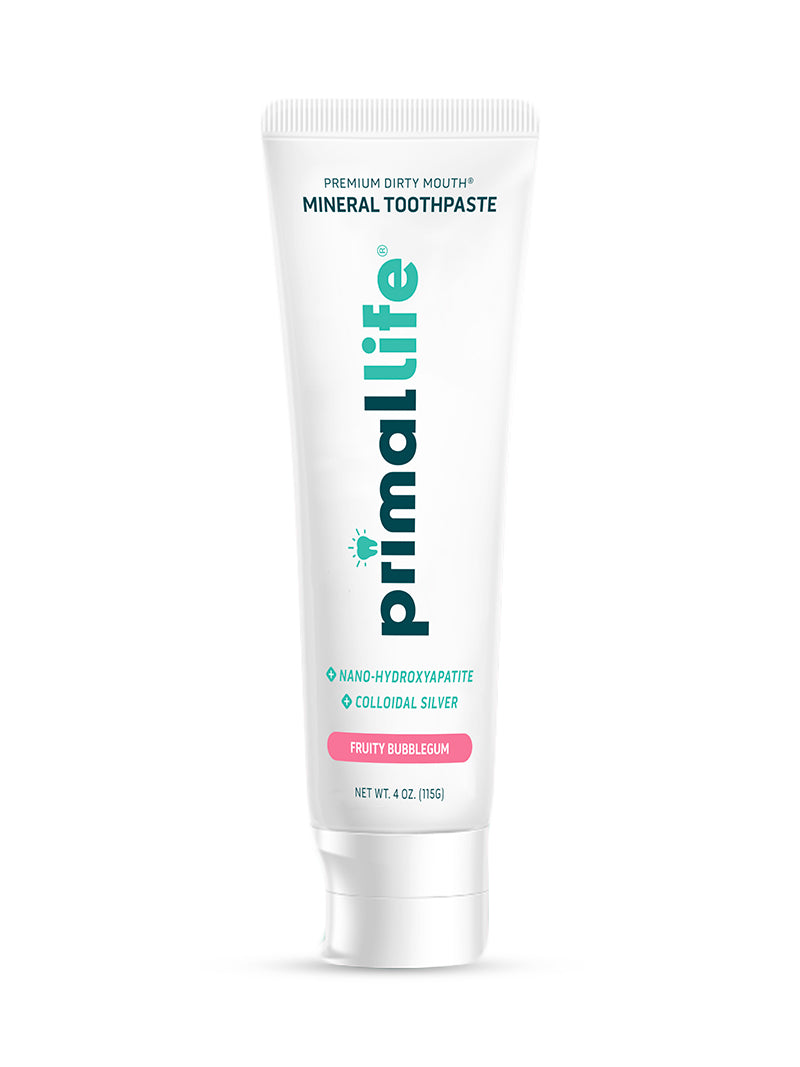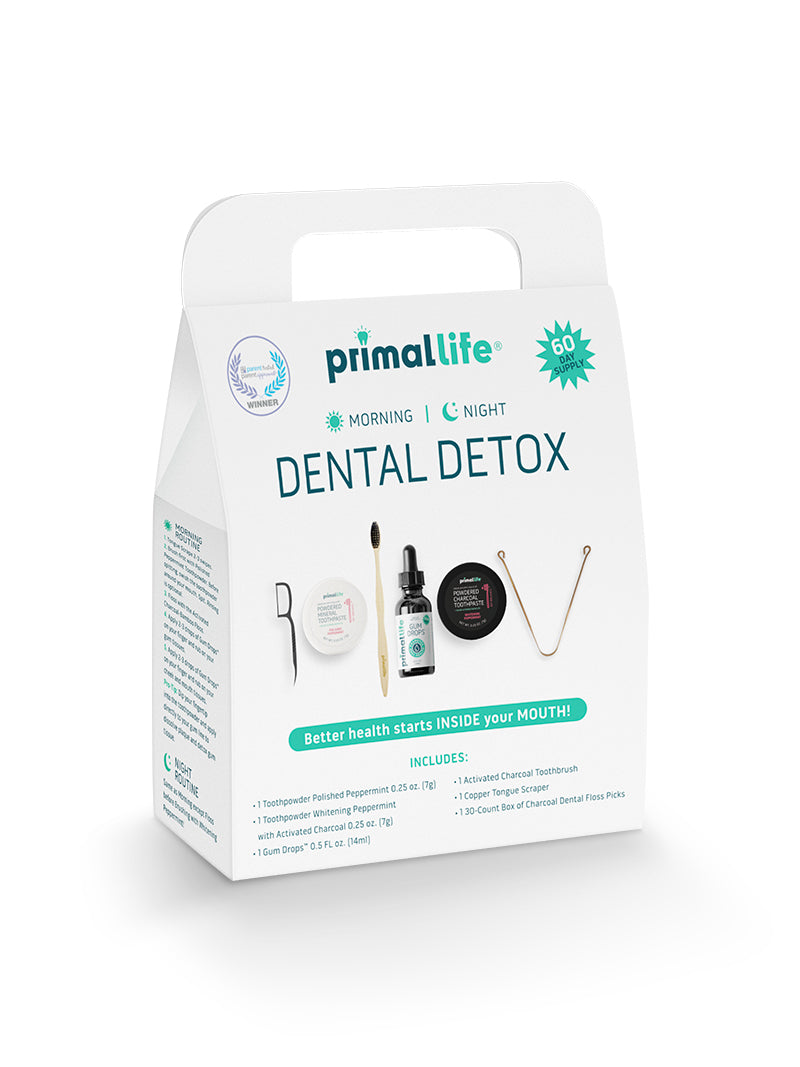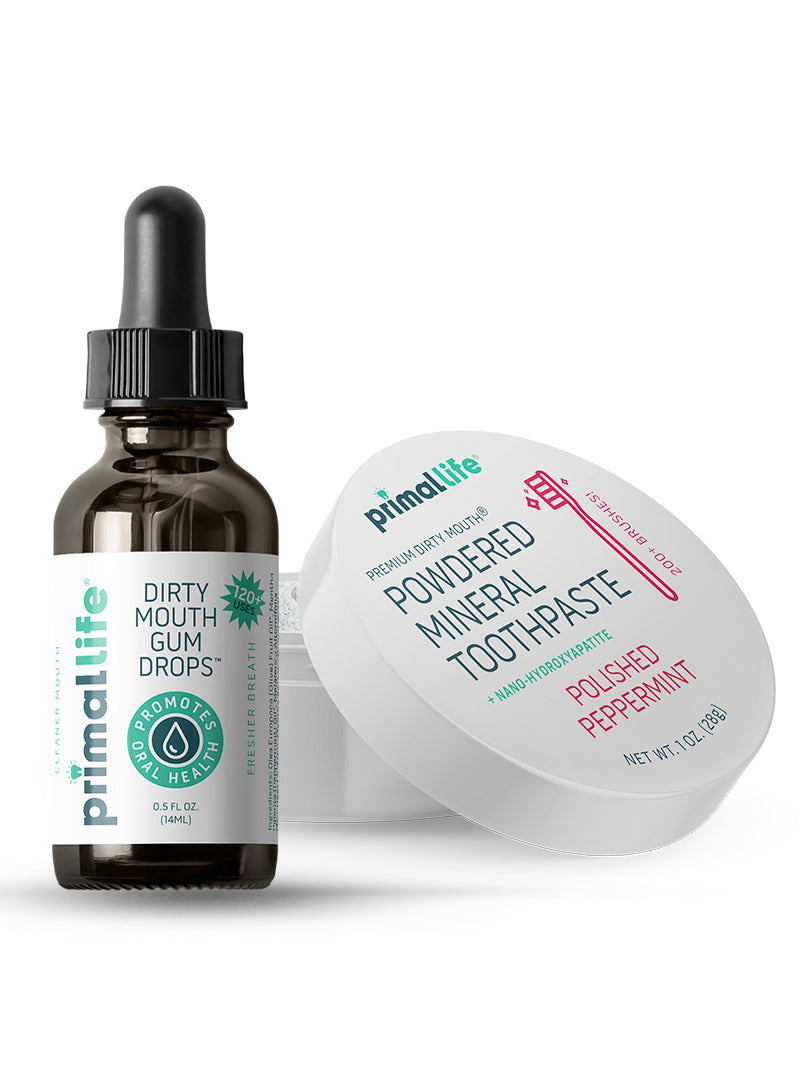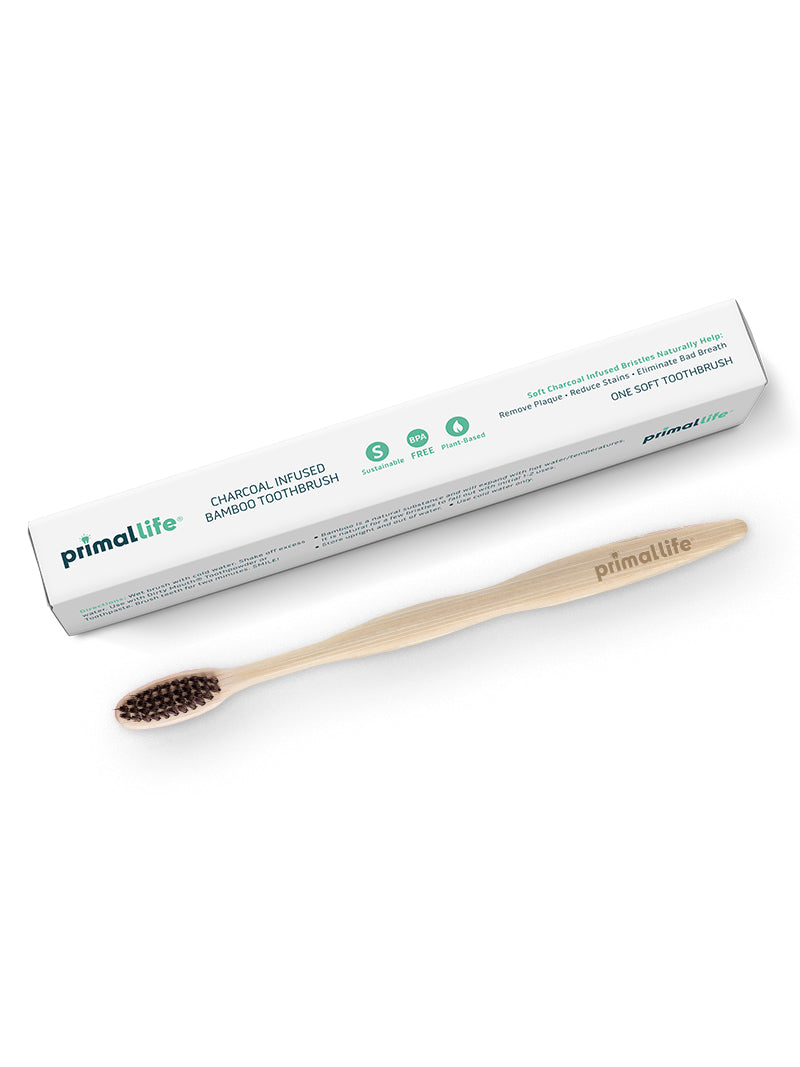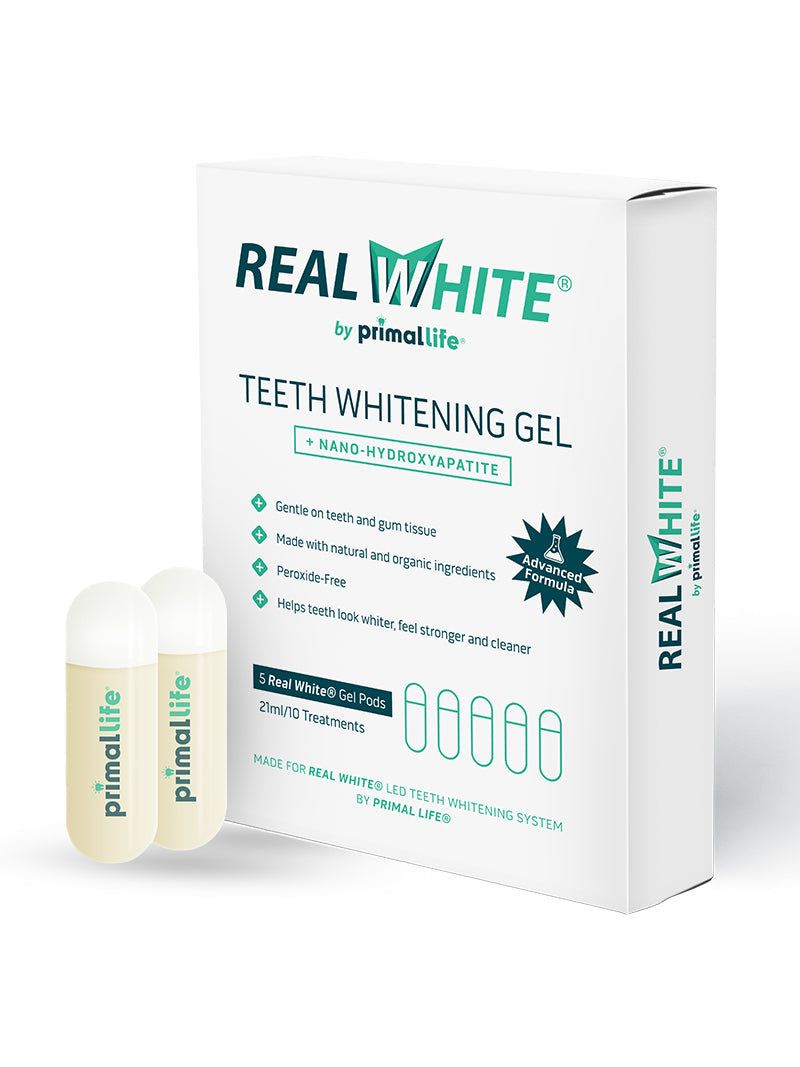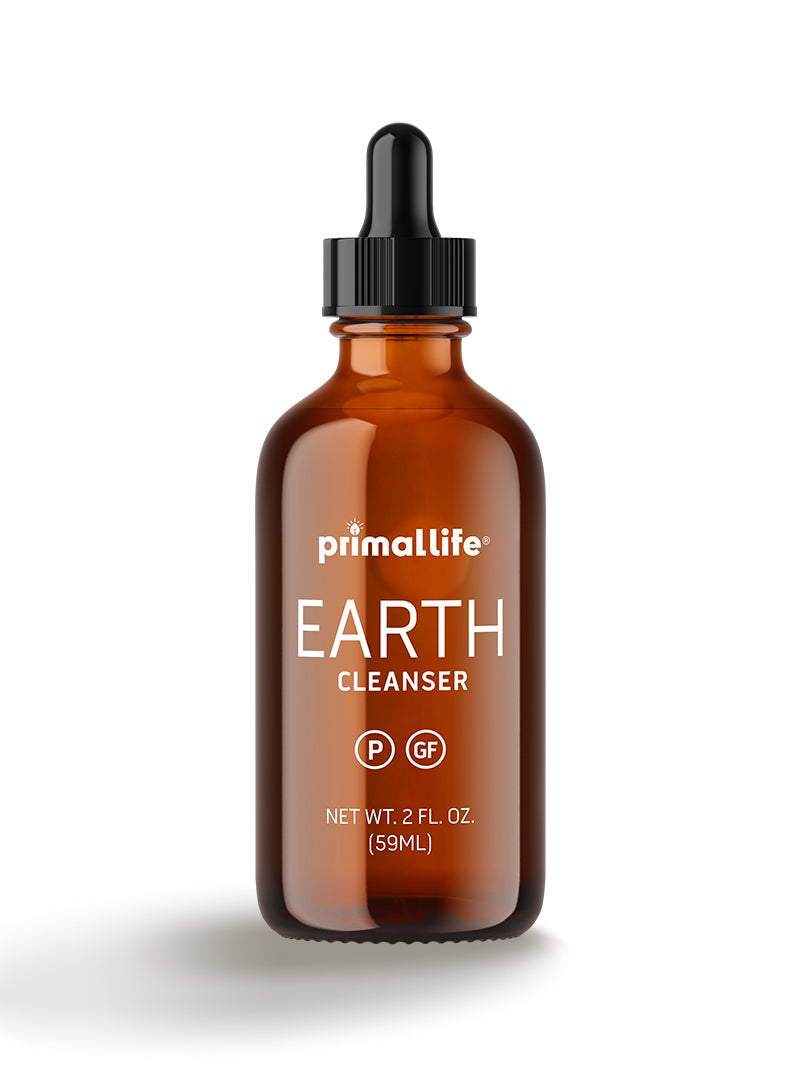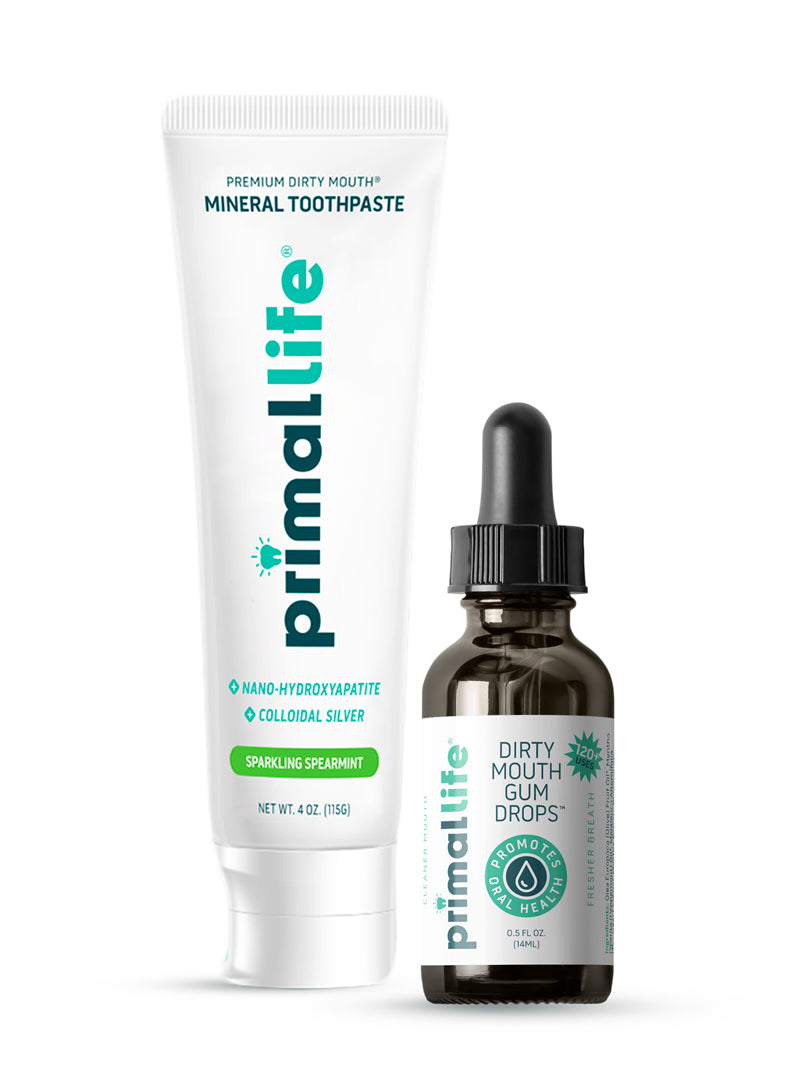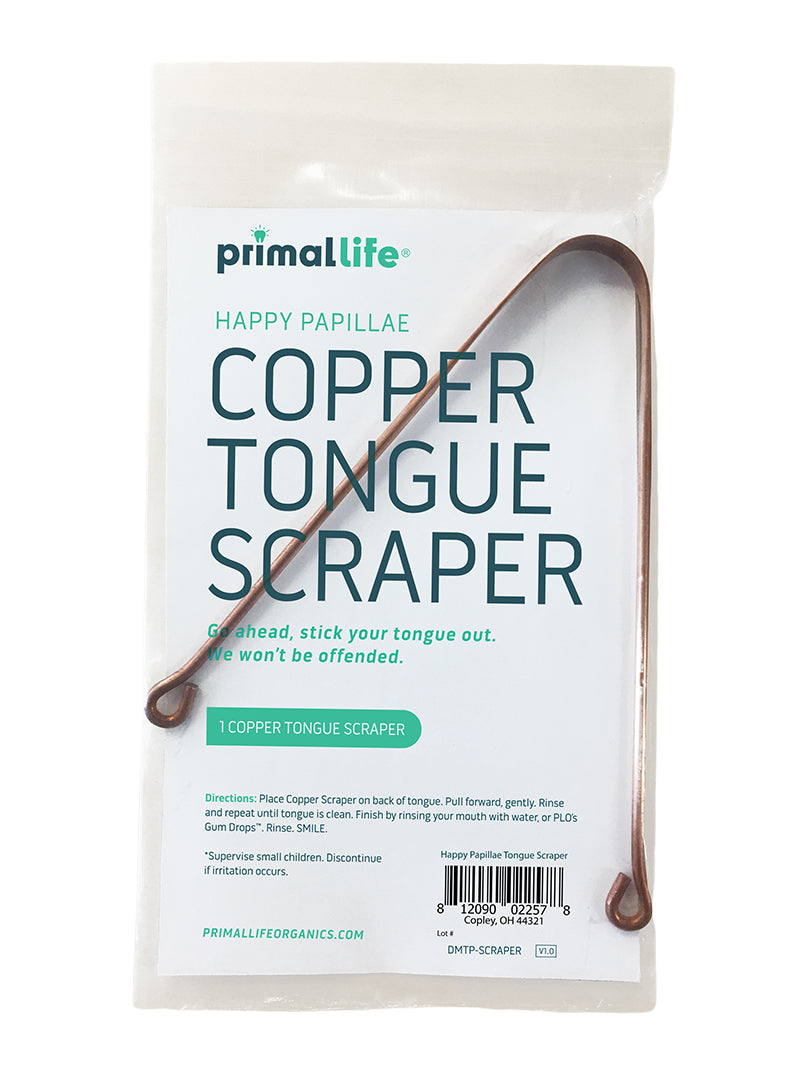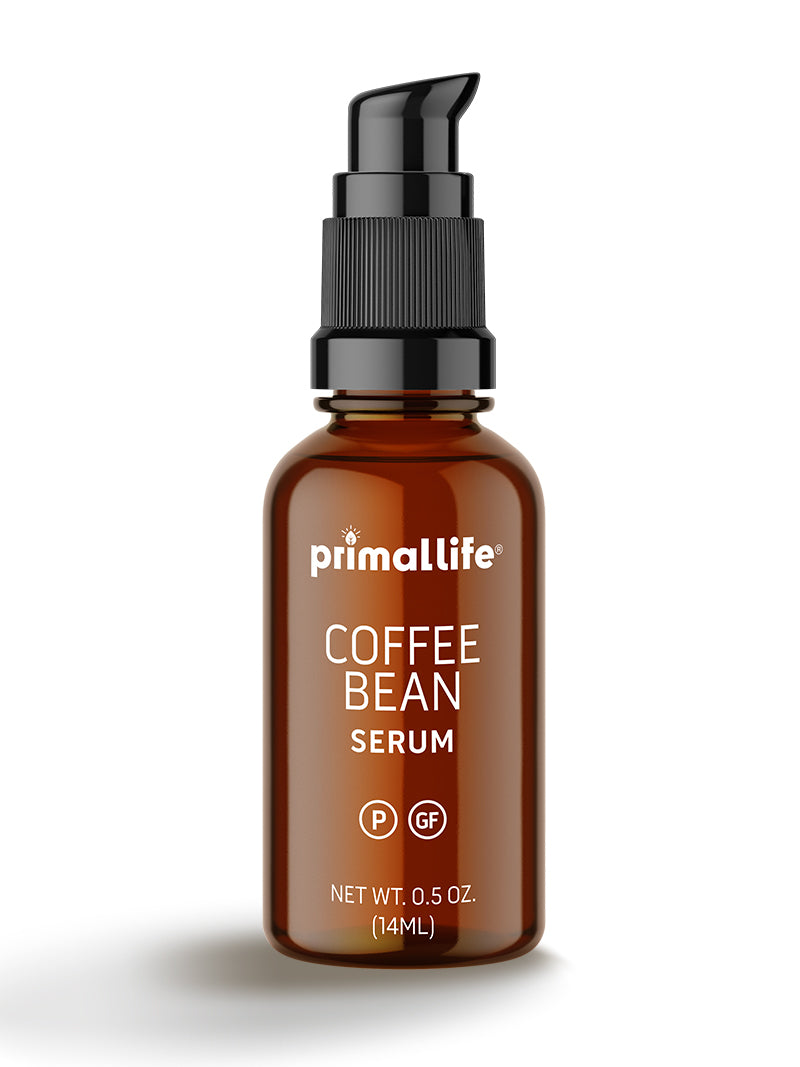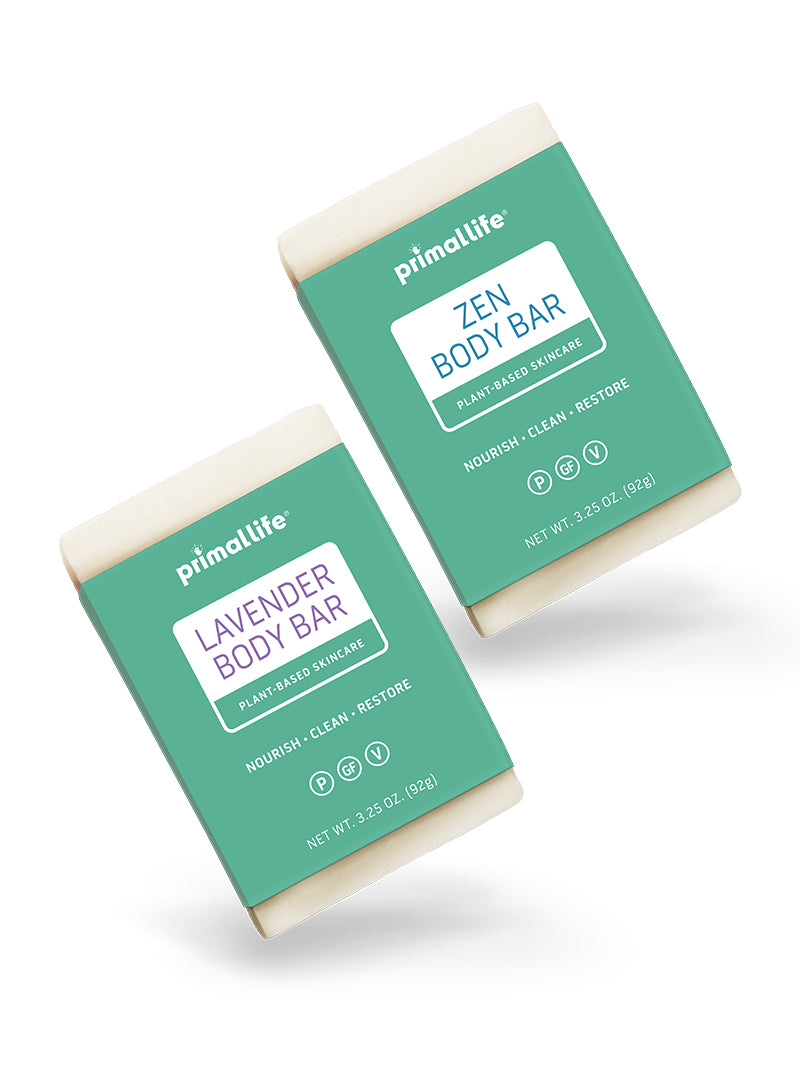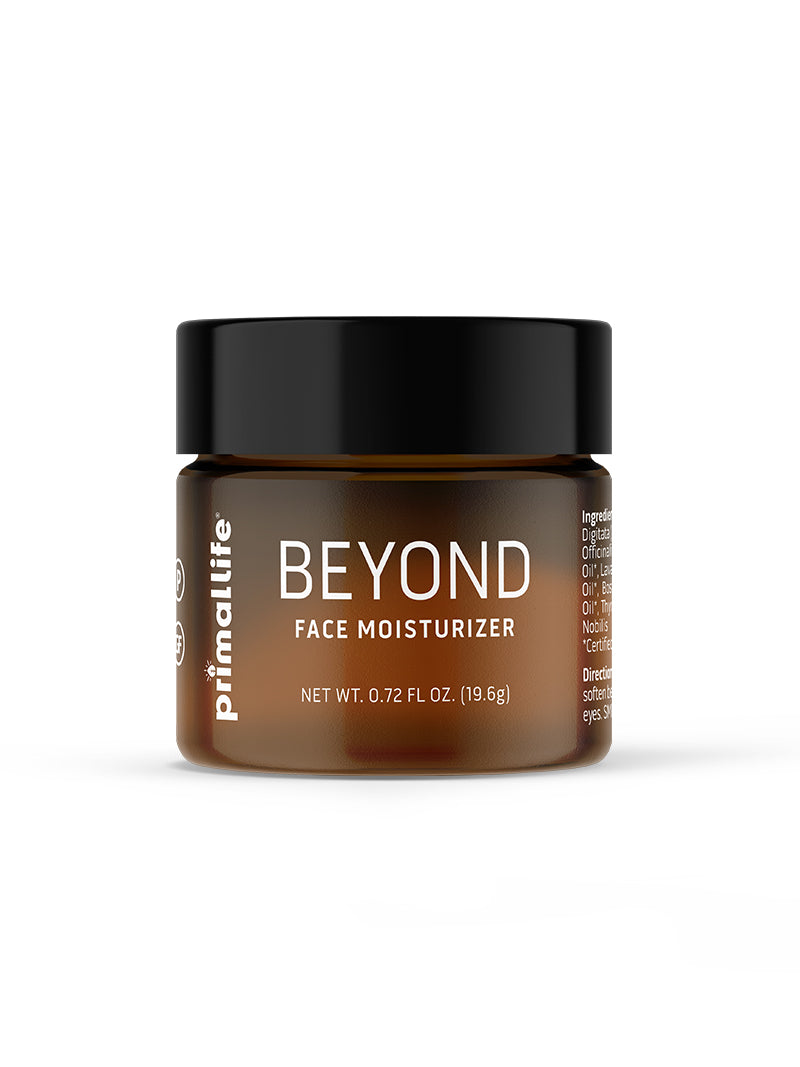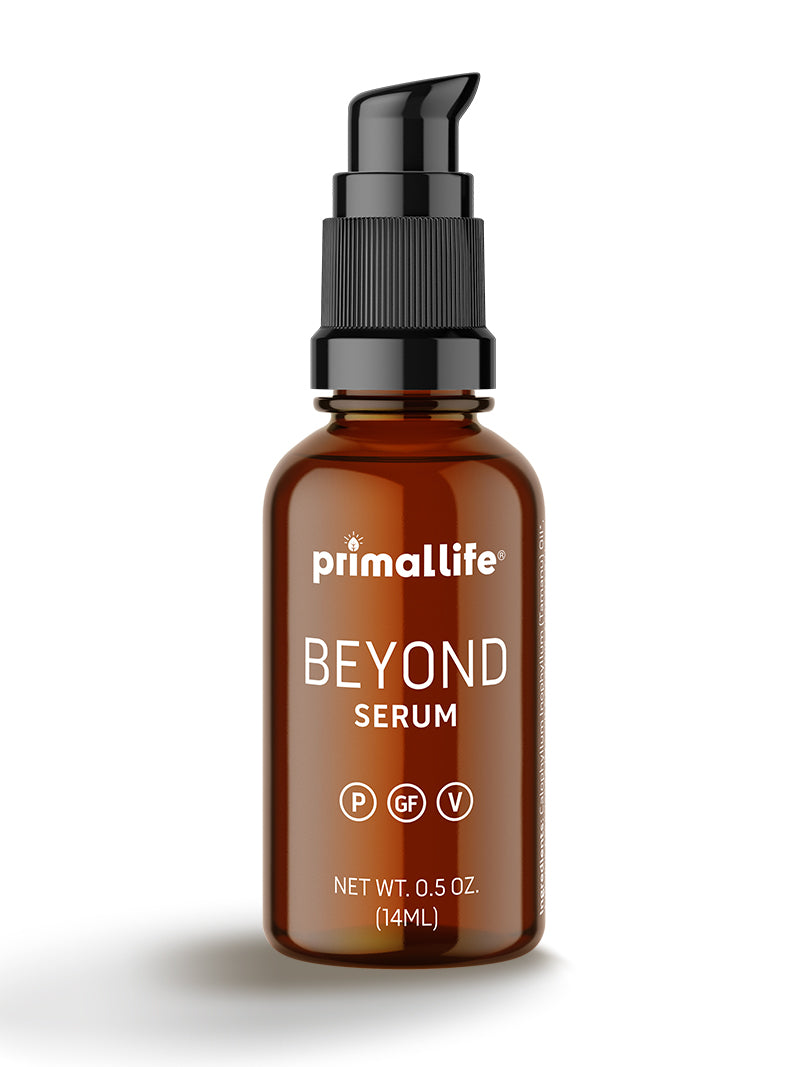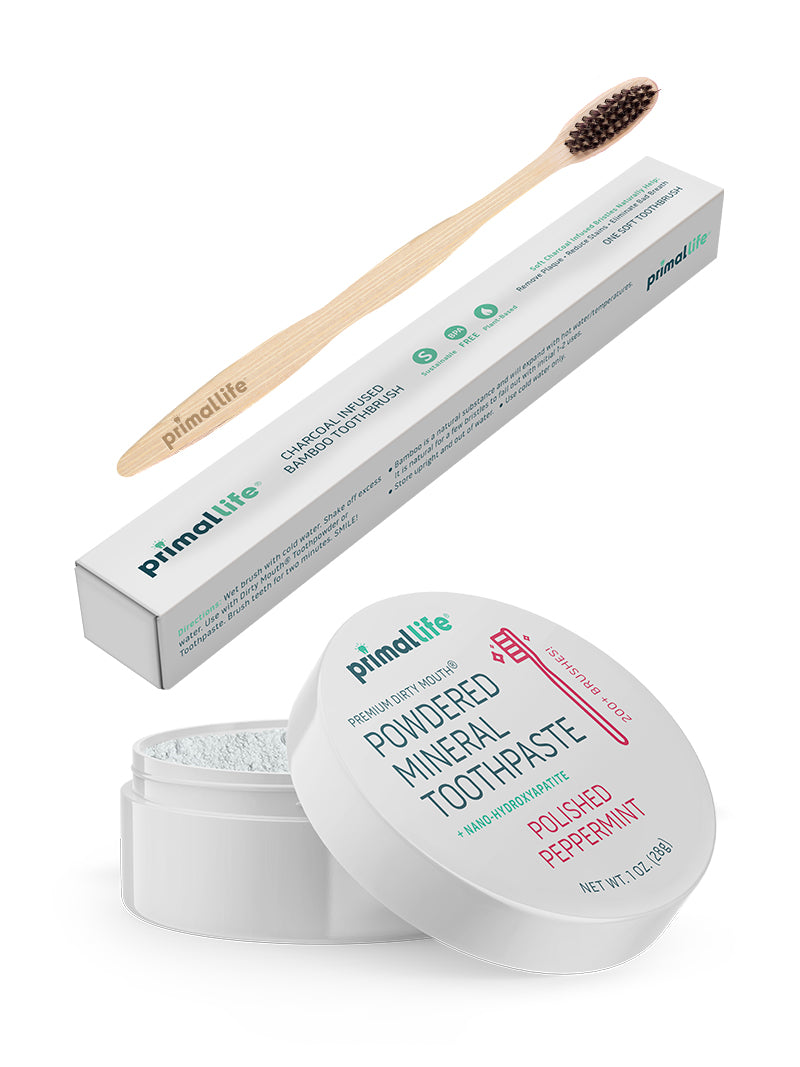4 Drinks That Are Good For Your Teeth (And 4 to Avoid At All Costs!)

You rub sunscreen on your skin to protect it from the sun, right? You might take a daily probiotic to keep your gut happy. And you diligently use plant-based face wash to cleanse without chemicals.
But what are you doing to offer your teeth and gums the same protection? Brushing doesn’t automatically give you perfectly healthy teeth. You can’t mindlessly brush twice a day and assume you’re safe from decay and disease. You must ask yourself: What else am I doing to help (or hurt) my teeth?
It turns out the answer may be sitting right in front of you. Literally.
Do you have a cup of coffee next to your laptop? Maybe a bottle of water or a glass of wine in your hand? Those beverage choices play a much bigger role in your oral health than you realize. Are your favorite go-to drinks doing your mouth a favor or creating a path of destruction?
What You’re Getting Wrong About Your Drinks
Drinks are meant to provide hydration. Simple enough, right? Not really, not in a society where convenience stores, grocery chains, and restaurants provide effortless round-the-clock access to hundreds of beverage choices.
V6 Peach Mango Energy Juice, Lemonade Vitamin Water, Lipton Diet Green Tea with Citrus, Blue Raspberry Kool Aid, and Gatorade are just a few popular options dotting the beverage aisle. It’s a dizzying selection, with one bottle more colorful and compelling than the next.
Of course, clever marketing helps these beverages masquerade as wise, healthy purchases. As Gatorade Thirst Quencher Strawberry encourages customers, “Replenish vital nutrients and energy! Drink to rehydrate, replenish, and refuel and savor the sweat.”
Yet one tiny mini-bottle contains 21 grams of sugar, with 0% of the daily recommended value of vitamin A, vitamin C, calcium, or iron.
The sad truth is it’s never been easier to access acidic, high-sugar beverages that deteriorate your oral health from the moment they enter your mouth. Saliva functions as the “sunscreen of your mouth” to block and wash away bacteria and acids. But just like sunscreen weakens and fades away in the harsh sun, saliva’s protective capabilities diminish with every barrage of sugar and acid.
How Does Saliva Protect Your Teeth and Gums?
Imagine a Family Feud question asking contestants to name the top 8 most important features of the body. You’d expect to see the heart, lungs, and eyes listed at the top, but you’d never hear, “Well Steve, I’m going to have to say… saliva!” followed by a supportive round of applause from the audience. At least, not without Steve Harvey offering a few snarky remarks in response.
And yet… saliva definitely deserves a place on that list. It’s not just spit or drool. Saliva constantly flows through your mouth to wash away bacteria, neutralize acids, and balance your oral pH. This helps restore an environment where good bacteria and minerals thrive to support healthy teeth and gums.
However, saliva can only neutralize acids efficiently when it holds a neutral pH itself. This is a problem since most popular beverages create acidic saliva with a pH lower than 5.5. When sugary and acidic beverages continually inhibit the natural cleansing properties of your saliva, decay and disease become nearly inevitable.
Saliva is also meant to remineralize your teeth by nourishing enamel with calcium, phosphate, and other minerals that ensure strength and durability. Any time sugars and acids have the chance to linger in your mouth, they immediately leech those minerals back out of your teeth in a process called demineralization. This is another primary cause of cavities, decay, and enamel erosion.
I know that’s a lot of doom and gloom, but there’s good news here also! Choosing drinks that are good for your teeth is an easy way to prevent the damage caused by sugar and acid. You don’t need to deprive yourself of everything except pure water from a babbling brook high on a mountain; you just need to be smart about the drinks you allow to touch your teeth!
What Drinks Are Good For Your Teeth?
Obviously you won’t see soda or beer listed in this section, but there are plenty of drinks that are good for your teeth and satisfying to your taste buds. Give your mouth an added layer of protection — and stop undermining your saliva — by drinking more of these beverages.
Green Tea
The health benefits of tea are practically mythical, especially green tea. The ancient roots of green tea can be traced back to its cultivation in China during the reign of Emperor Chen Nung in 2737 BC. More than 4,000 years later, we still value green tea for its incredible antioxidant, anti-inflammatory, and antimicrobial properties.
When it comes to oral health, research shows that the components of green tea, including polyphenols, vitamins B, C, and E, and linoleic acid, support significant benefits, including:
- Reduction of acid production in the mouth
- Prevention of bacterial accumulation along the teeth
- Inhibition of viral infections in and around the mouth
- Decrease in the formation of cavities

Green tea isn’t just a safe beverage choice, it’s a functional food that actively improves oral health with its rich variety of lipids, sterols, vitamins, minerals, and other components. Start your morning with a hot mug of green tea or push through your afternoon slump with an iced green tea to bathe your teeth and gums in the protective goodness of Camellia sinensis.
Filtered Water
You know it’s impossible to sustain healthy hydration without water, but keep in mind that all water isn’t the same! If you have the choice, always, always, always choose filtered water. Consider the chemicals and contaminants that the filtering process removes:
- Fluoride
- Chloride
- Arsenic
- Aluminum
- Cryptosporidium
- Heavy metals
- Drug waste and hormones
Filtered water is the best way to safeguard your mouth and body against these toxins. At the same time, filtered water maintains an alkaline pH, so every sip of filtered water helps to rebalance acidic saliva and stop bacteria from depleting and eroding the teeth.
Try swishing two or three times with filtered water after every snack and meal. Water can move through the tiniest, darkest nooks and crannies of your mouth to wash away debris, bacteria, and sugar.
Milk
Strong, resilient tooth enamel contains plenty of calcium, and what’s more accessible than milk as a calcium-rich beverage? Cow’s milk also contains phosphorus, potassium, zinc, and magnesium, all minerals vital to a healthy smile. It’s true that milk’s pH is slightly acidic, but the benefits of its mineral-rich composition outweigh its lack of alkalinity. As long as you rinse with filtered water after drinking milk, you can remineralize your enamel without the threat of plaque or decay.
SmartVine Wines
Nothing beats a glass of wine at the end of a long work week, but your teeth don’t always appreciate that acidic glass of red the way your mind does. Fortunately, it’s possible to indulge without unpleasant side effects thanks to innovative choices like SmartVine Wine.
Unlike other wines that contain up to 72 different harmful chemicals and pesticides, SmartVine was created by a nutritionist to swap chemicals and histamines for anti-inflammatory agents and protective ingredients.
Of course, it helps to rinse with filtered water after each glass of wine. You can also munch on fruits and veggies as you drink to keep your saliva working hard.
What Drinks Should You Avoid?
While milk, filtered water, and green tea actively improve the condition of your mouth and protect your teeth, there are plenty of beverages capable of destroying your smile just as quickly. Do your best to avoid the following enemies of oral health.
Tap Water
You’d have to search hard to find a redeeming quality of tap water. Not only does unfiltered tap water contain heavy metals, drug waste, and toxic chemicals, it’s also contaminated by fluoride.
Fluoride is a trace mineral that exists naturally in the air, but it’s also added to municipal water sources and toothpaste products.
As soon as fluoride enters your body, it can interfere with your natural biochemistry in fundamental ways:
- Blocking important enzymes
- Bonding with aluminum to prevent signals between growth factors, hormones, and neurotransmitters
- Disrupting endocrine and hormone function
- Accumulating into calcified tissue
More than anything else, as a neurotoxin, fluoride presents unique threats to your brain, spinal cord, and overall nervous system. You don’t want fluoride anywhere near your mouth or digestive system, so avoid tap water at all costs and stick to alkaline filtered water instead.
Plastic Bottled Water
Always avoid plastic. Make it your golden rule. Like tap water, plastic doesn’t have many redeeming qualities.
The 36-pack of bottled water in your fridge certainly underwent several temperature fluctuations through its lifespan of manufacturing, packaging, shipping, and storage. Every temperature change triggers a contraction or expansion that gives pathogens the opportunity to leach from the plastic into your water.
The result? You drink chemical water, not hydrating water! Keep this toxic soup far from your mouth by carrying your own glass or stainless steel water bottle.
Soda
Soda is possibly the single most harmful beverage for your teeth. Every sip of soda coats your teeth in a layer of aggressive acid and sugar that erodes protective enamel and causes cavities. It takes time for saliva to wash away the sugar and acid deposited by one mouthful of soda, so if you sip it throughout the day, your teeth are under constant attack.
If you care at all about the condition of your smile, stay far, far away from soda. Try swapping Pepsi or Sprite with naturally flavored seltzer water instead. You can satisfy your craving for a bubbly, carbonated drink without sacrificing your oral health in the process!
Fruit Juices
Ugh, don’t let the word “fruit” fool you. Fruit juices are jam-packed with sugar and acid, making them nearly as dangerous as soda. Even claims like “100% fruit juice, never from concentrate” and “no added sugars” don’t make juices safe for your teeth. Just eight ounces of apple or orange juice contains 20-25 grams of sugar, which is awfully close to the 27 grams of sugar lurking in eight ounces of Pepsi.

The combined effect of so much sugar and acid quickly softens and erodes tooth enamel, leading to cavities and decay. While one small glass of orange juice with breakfast won’t immediately ruin your smile, prevent any potential damage by swishing with filtered water when you’re done.
Small Changes That Create Big Results
By choosing drinks that are good for your teeth, you protect your oral environment from the threats posed by excessive amounts of sugar, acid, and bacteria. There are plenty of other small and simple but powerful changes you can make to protect and enhance your dental health.
Most importantly, revamp your oral care routine with products and habits that give your teeth and gums the ability to protect themselves. When your daily brushing regimen actively nurtures alkaline saliva and healthy bacteria, it’s so much easier for your mouth to neutralize incoming sugar and acid before they cause trouble.
Small Change #1: Swap Fluoride Toothpaste with Tooth Powder
Conventional oral care products have their limits, which is my nice way of saying they really screw things up inside your mouth! If you really want to transform the condition of your oral health, make your normal fluoride toothpaste disappear into the trashcan and replace it with a natural clay-based tooth powder.
Tooth powder is revolutionary because it’s not a lame “healthy” version of fluoride toothpaste. Instead, Dirty Mouth Tooth Powder swaps fluoride, triclosan, SLS, and other nasty toxins for nourishing plant-based ingredients such as bentonite clay, white kaolin clay, French green clay, and organic essential oils.
The secret weapon of this formula lies in the three nontoxic, mineral-rich earthen clays. Bentonite clay latches onto dangerous toxins and draws them out of your mouth. It also accelerates the vital remineralization process by nourishing teeth with silica, calcium, zinc, potassium, and magnesium.
French green clay and white kaolin clay are also rich in calcium, silica, zinc, and magnesium. They efficiently remove toxins and impurities while replacing lost minerals in tooth enamel.
When these three clays work together, they achieve oral health benefits that no standard fluoride toothpaste could even begin to offer including:
- Strengthening teeth and enamel
- Alkalizing saliva
- Reducing harmful bacteria while protecting healthy bacteria
- Minimizing sensitivity by remineralizing teeth
- Protecting against gum disease by fighting plaque and inflammation
There’s even an alternative to tooth powder called Dirty Mouth Toothpaste. It reinvents toothpaste with a combination of colloidal silver, earthen clays, and essential oils. In addition to the unique benefits associated with tooth powder, Dirty Mouth Toothpaste also wields its secret weapon: colloidal silver.
Colloidal silver functions uniquely in oral tissues as an antimicrobial, antibacterial, and anti-inflammatory agent. It creates an environment rich in oxygen, silver, and alkalinity where dangerous bacteria simply can’t thrive. Colloidal silver also stimulates the parotid glands, which are responsible for producing saliva.
Brushing with Dirty Mouth Toothpaste on a regular basis, improves the flow of healthy saliva, reduces harmful bacteria, and revitalizes the health of your mouth. So even if you stray away from the drinks that are good for your teeth, your mouth will have the strength and protection it needs to neutralize sugars and acids, stun-gun style.
Small Change #2: Keep Your Gums Happy With Protective Serum
Don’t you find it strange that most dental products focus on the teeth but rarely make an effort to protect your gums? This is exactly why I formulated Gum Serum with 11 powerful essential oils. When you nurture your gum tissue, you automatically support healthier saliva, cleaner teeth, and a whiter smile.
Tea tree, peppermint, spearmint, lemon, eucalyptus, clove bud, lavender, myrrh, cinnamon, chamomile, and cypress oils quickly boost blood flow, reduce nasty bacteria, and create harmony within your oral environment.
As a result, your mouth has the strength and resilience it needs to fight against the threat of incoming sugar and acid. A balanced, nurtured mouth naturally eliminates bacteria and plaque more efficiently than a mouth crippled by poor health.
Small Change #3: Use Glass or Stainless Steel Drink Containers
Beyond your oral care routine, you can also avoid dangerous chemicals by using a glass or stainless steel container. Since these types of water bottles don’t contain plastic ingredients, you won’t find yourself drinking toxins with your beverage after temperature changes.
The Power of Choosing Drinks That Are Good For Your Teeth
Resisting the temptation of soda and carrying a glass bottle of filtered water isn't just about cutting calories and increasing your energy. Choosing drinks that are good for your teeth empowers you to actively protect them and improve their ability to resist decay.
Best of all, you don't need to deprive yourself to achieve better oral health. Coffee is acidic, but it's also a beverage most of us don't want to live without. When you make smart oral care choices, like brushing with tooth powder instead of fluoride toothpaste, your teeth and gums become so healthy and vibrant that they can easily eliminate the acidic threat of coffee before damage occurs.
So find your favorite choices and drink up; your teeth are counting on you!
YOU MIGHT ALSO ENJOY:
- HOW TO DETOXIFY YOUR TEETH DAILY (WITHOUT OIL PULLING)
- COLLOIDAL SILVER TOOTHPASTE: WHAT IT IS AND WHY YOU NEED IT
- WHY BRUSHING YOUR TEETH IS KILLING YOU
Resource Links:
https://pdfs.semanticscholar.org/e483/571214ba40121071a143f100e2fe9f7fc7d8.pdf
https://www.ncbi.nlm.nih.gov/pmc/articles/PMC5034904/
https://www.ncbi.nlm.nih.gov/pmc/articles/PMC5034904/
https://pdfs.semanticscholar.org/1fcd/9a489c57e5d4e4bf6cc9cf4708211792c017.pdf
https://onlinelibrary.wiley.com/doi/pdf/10.1111/ggi.12194
https://www.ncbi.nlm.nih.gov/pubmed/16045895
https://smartvinewine.com/
https://www.researchgate.net/publication/225384296_Aluminofluoride_Complexes_in_the_Etiology_of_Alzheimer's_Disease
https://www.consumerreports.org/toxic-chemicals-substances/most-plastic-products-contain-potentially-toxic-chemicals/
https://www.ncbi.nlm.nih.gov/pmc/articles/PMC2676420/
https://www.ncbi.nlm.nih.gov/pmc/articles/PMC6640211/
https://www.ncbi.nlm.nih.gov/pmc/articles/PMC5632318/
https://www.ncbi.nlm.nih.gov/books/NBK534225/





